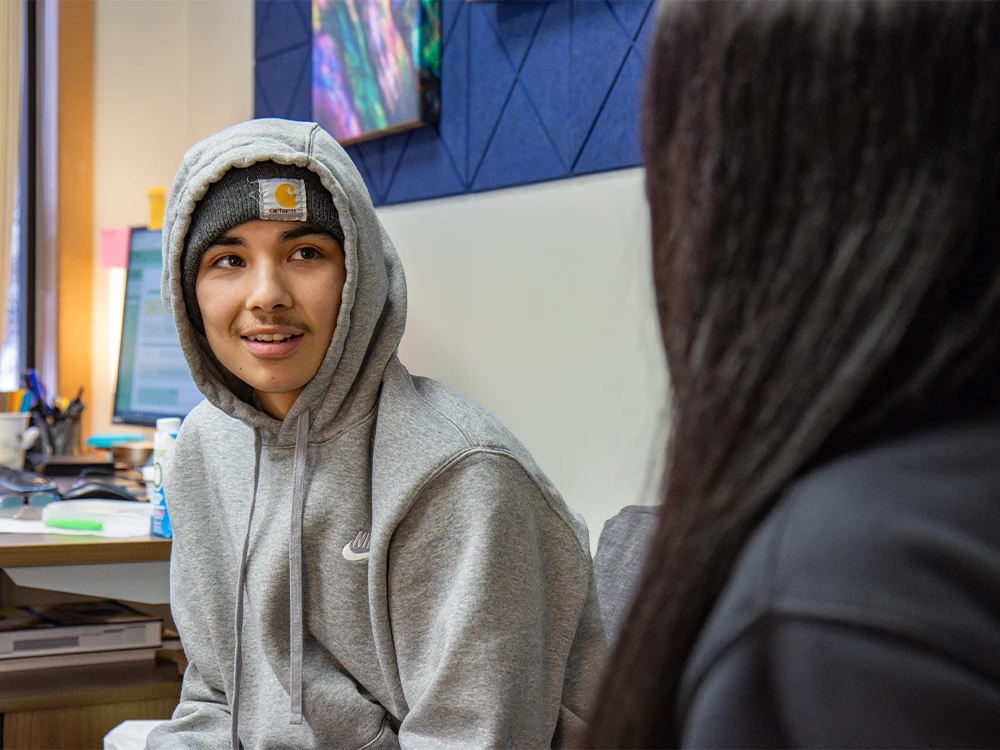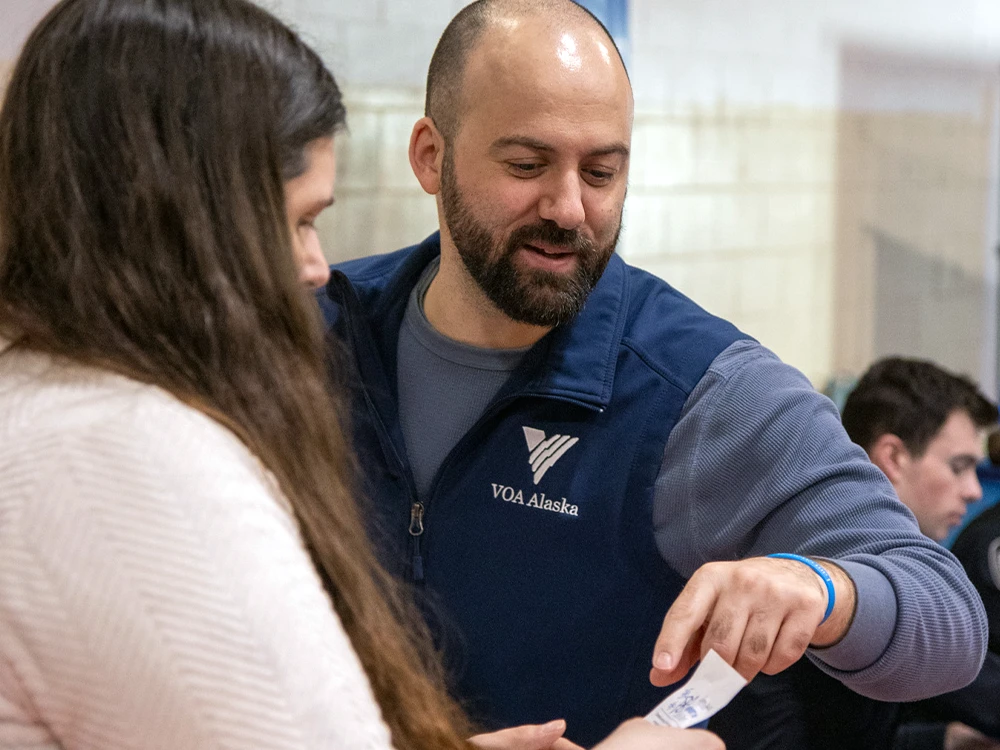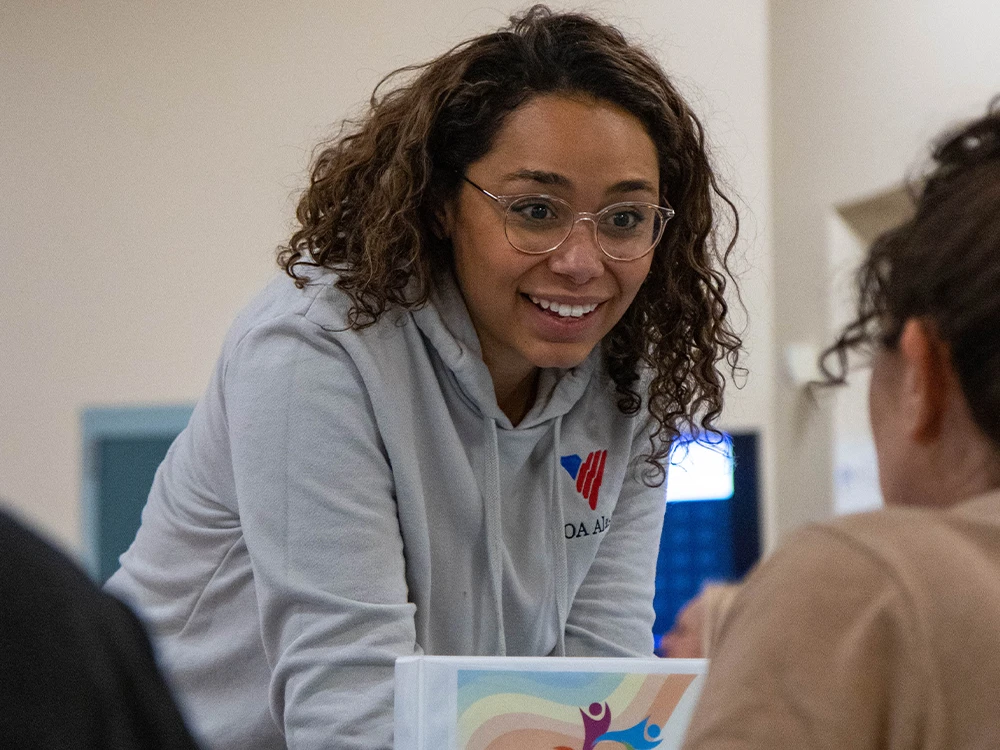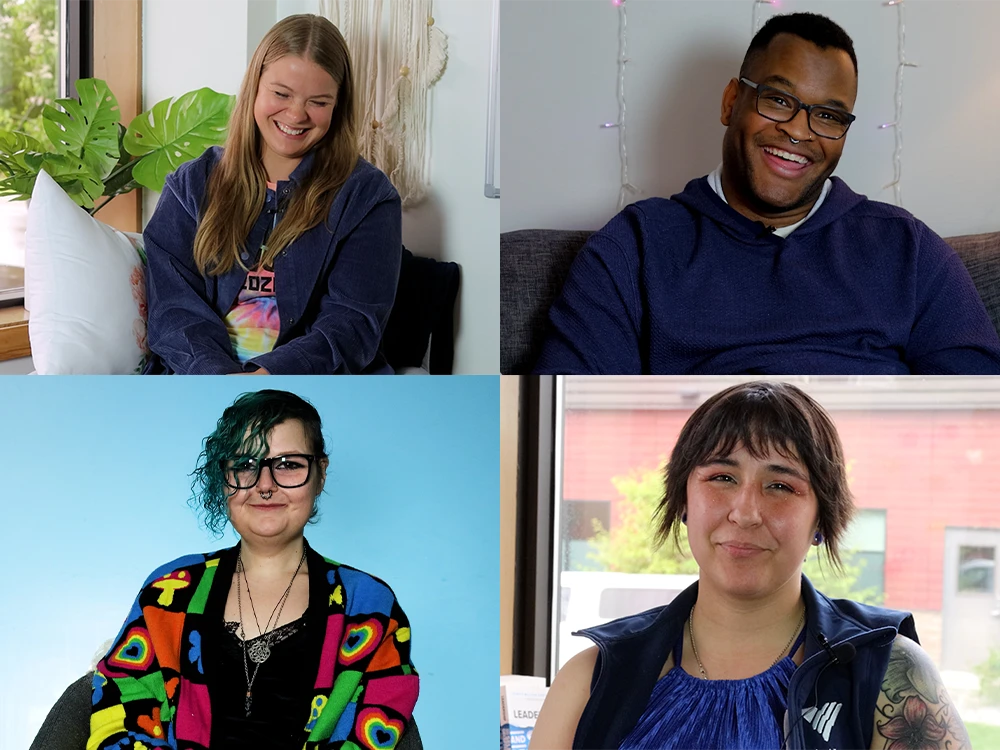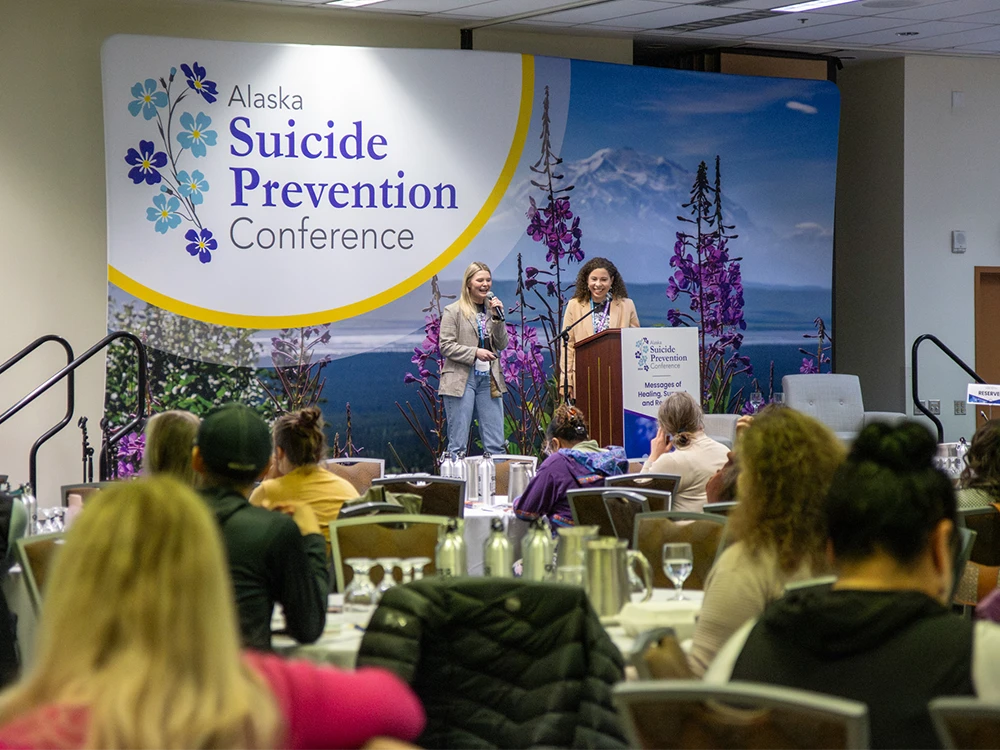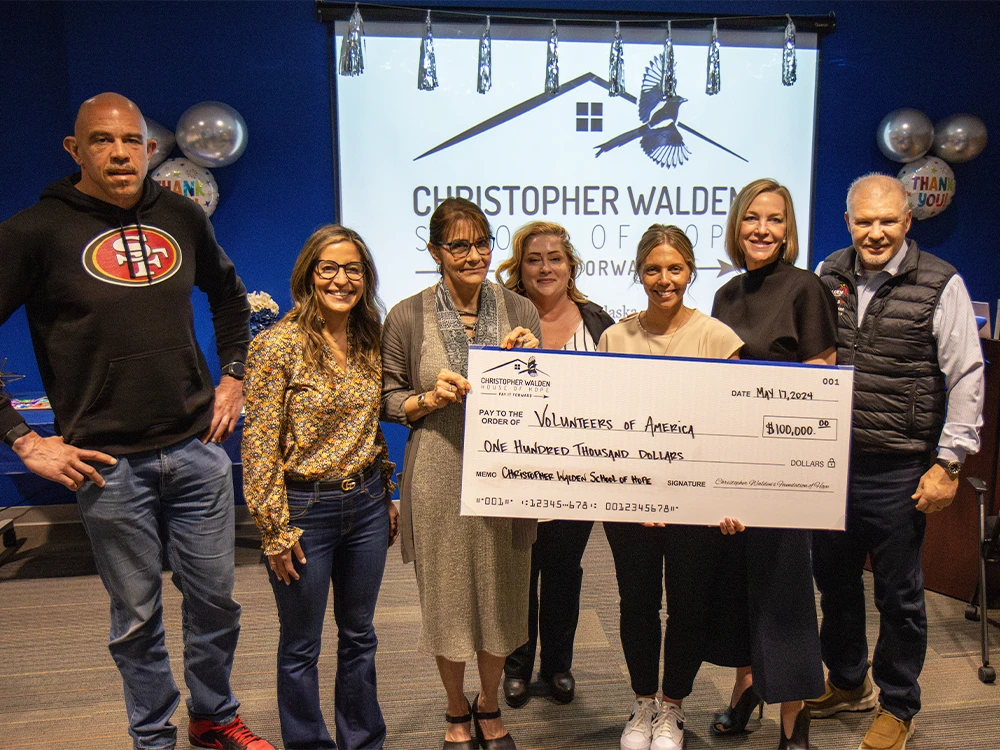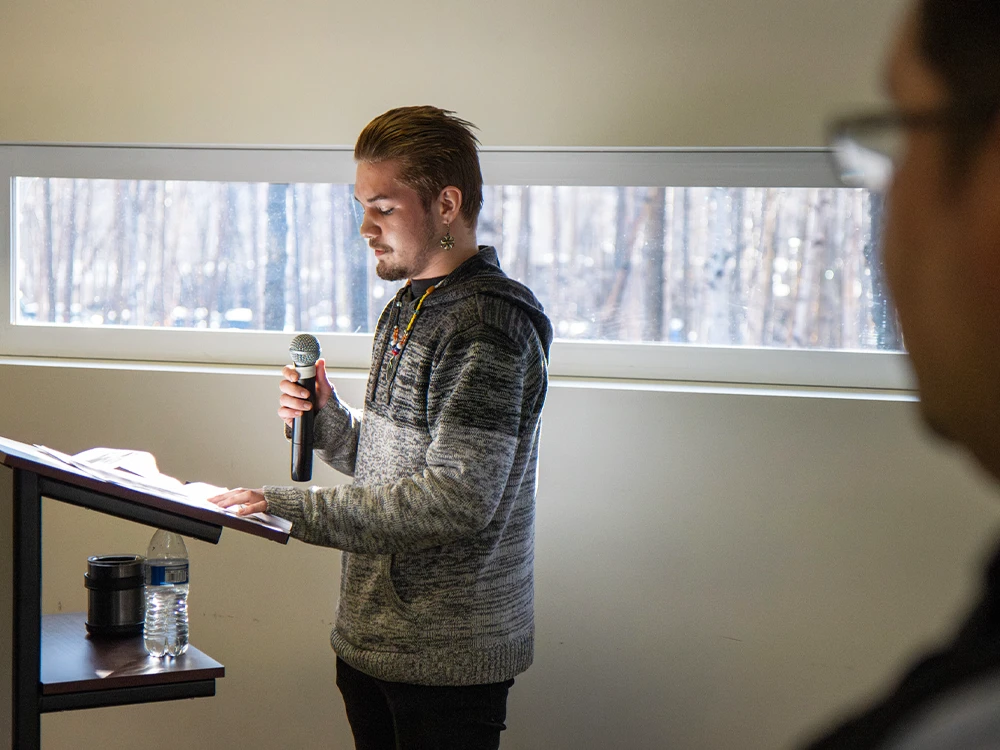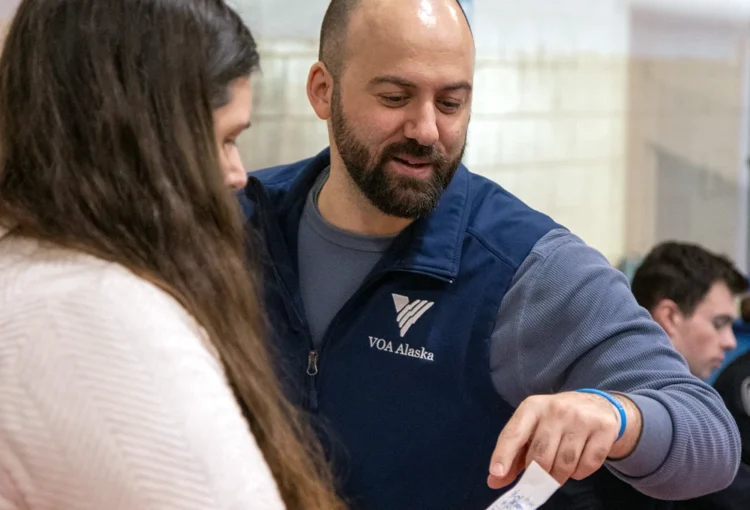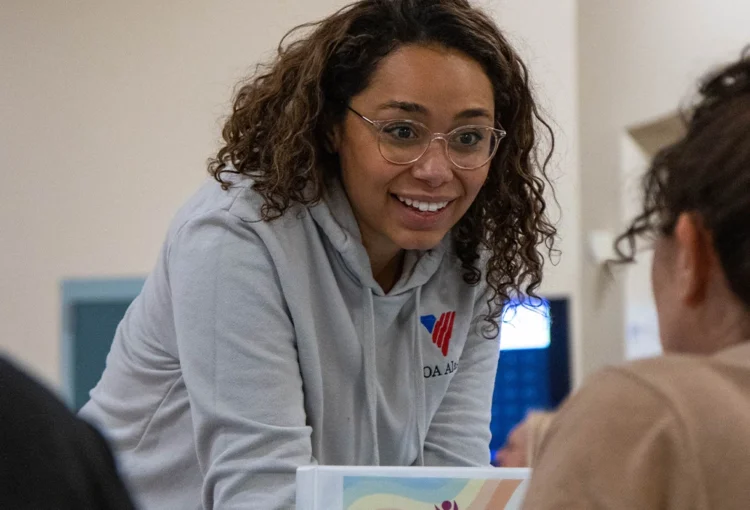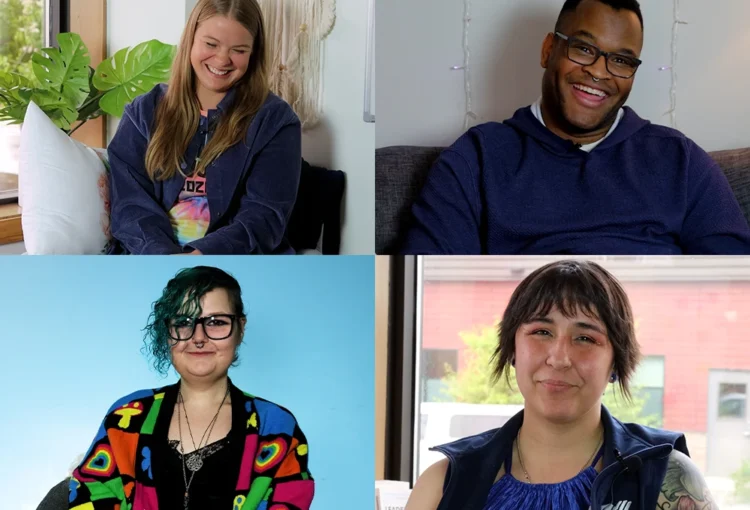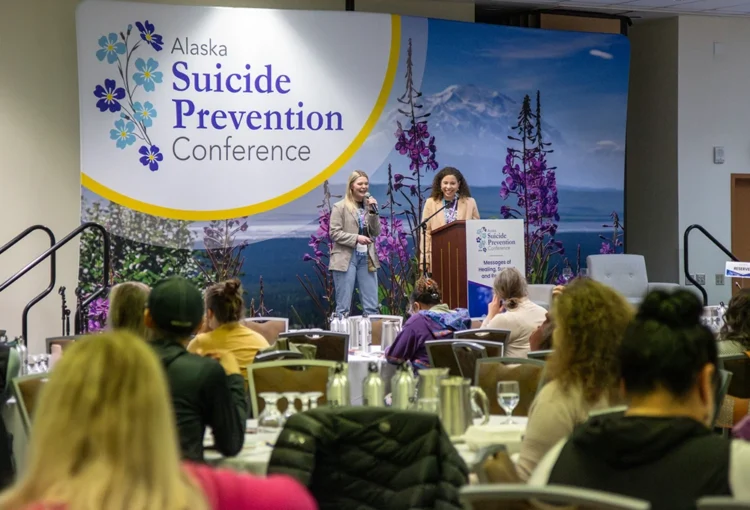The following is a featured story in our 2023 Community Impact Report.
On a late summer night, Roman sat in the back of a police car, the lights flashing on the liquor store he had just tried to break into with his friends.
At the time, Roman was 15 years old and had already been enrolled in Day Treatment at VOA Alaska. Only a few months before the break-in attempt, he had been fired from his fast-food job for issues with alcohol.
Day Treatment was his chance to get sober, repair relationships with friends and family, and learn how to be a kid without alcohol in his life. But he says he hadn’t taken the situation seriously and was ignoring the true weight of his actions.
Learning to be Role Model for His Peers at ARCH
Going from the back of the cop car to juvenile detention changed his entire perspective. “I was really freaked out,” Roman says. “I was like, ‘Oh man, I’m never getting out of here.”
The day before his sixteenth birthday, after a month at McLaughlin Youth Center, Roman moved into ARCH, VOA’s residential treatment center in Eagle River.
He was happy to be out of detention, but he still didn’t like his situation. During his first few weeks, he says he just messed around and didn’t focus on his treatment. As Devin Gardner, Behavioral Health Associate Supervisor at ARCH, put it, “Roman was in denial of the reality of his use.”
It’s not unusual for youth to need time to adjust to residential treatment. In fact, staff recognize that this is part of the process and hold space for it. “We extend patience, understanding, and support them,” Devin says. “We continue to pour into youth who are in a stage of ambivalence.”
For Roman, little by little, through sessions, interactions with his peers, being given more responsibility, and learning the stories of others, his perspective began to shift.
He says much of that was due to ARCH’s peer-led model. He became the Department Head of Kitchen and then a Senior Resident. It was his favorite thing about ARCH, how it gave residents “a lot of different opportunities to grow and experiment a little bit [to] see all the different things you can really do, outside of using drugs.”
It also provided him with a sense of responsibility. “I started realizing more and more about the consequences of my actions while at ARCH,” he says, “and that what I did really did matter…and how it affected so many people. [I] just tried to be a good role model for my peers.”
“A guiding process here at ARCH is show one, teach one: learning how to care for yourself, then learning how to teach it,” Devin says. “Roman was a great advocate who balanced taking care of himself and doing his own work while supporting and encouraging his peers to do the same.”
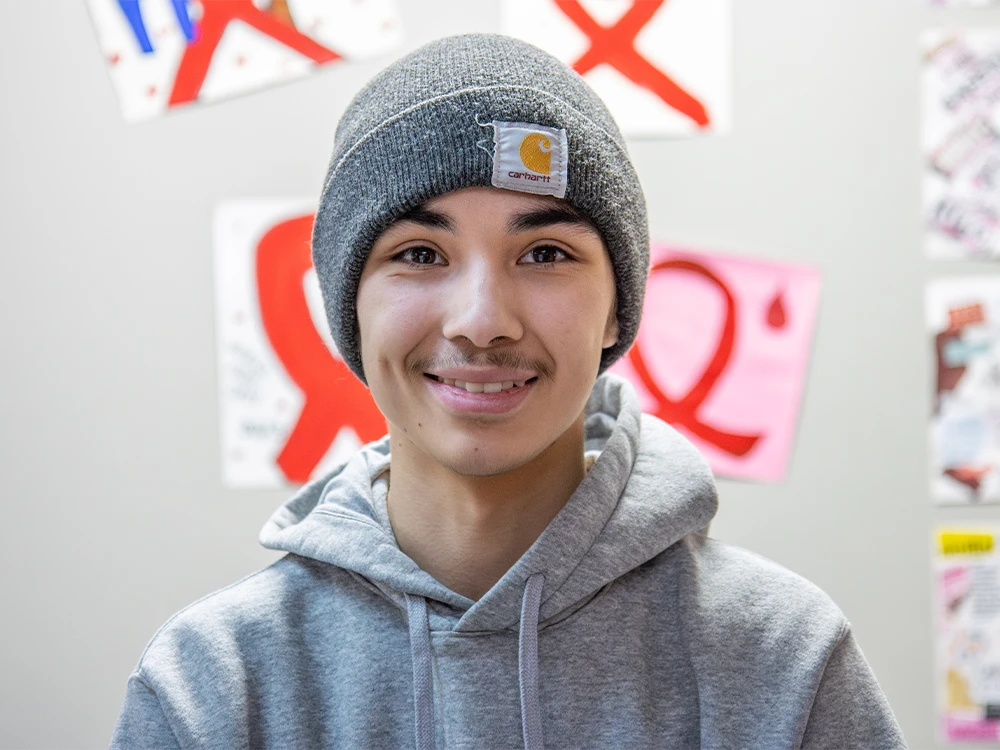
The Next Steps on his Journey of Recovery
After three months, Roman completed his treatment goals and graduated from ARCH. He then returned to Day Treatment, which offers a chance for youth stepping down from residential services to integrate back into their home and community while attending treatment and schooling.
“I would probably be doing drugs if I didn’t come back to Day Treatment,” Roman says.
Although it was challenging, Roman shares that he is going to miss VOA and plans to apply for a job at ARCH someday. “If I could go back up [to ARCH] and visit,” he says, “just to help out, I would go right now.”
But for now, he’s ready for the next steps, like getting a job and transitioning back into school to graduate. “I’m really happy because now I can move forward,” he says.
Reflecting on what he learned during treatment, he thinks about how his self-confidence has grown, especially in social situations. “I didn’t realize I drank because of my confidence. VOA actually helped me realize that, and it helped me just to stay sober. I’ve met a bunch of people that I’ve helped out, and they’ve helped me.”
Roman says it’s hard to handle recovery on your own, which is why he wants to share his story and continue helping others.
“In the beginning, it may seem like it’s never going to end,” he says, “but seeing someone else that’s been able to do it, I feel like it would help a lot of kids get the help that they need.”

